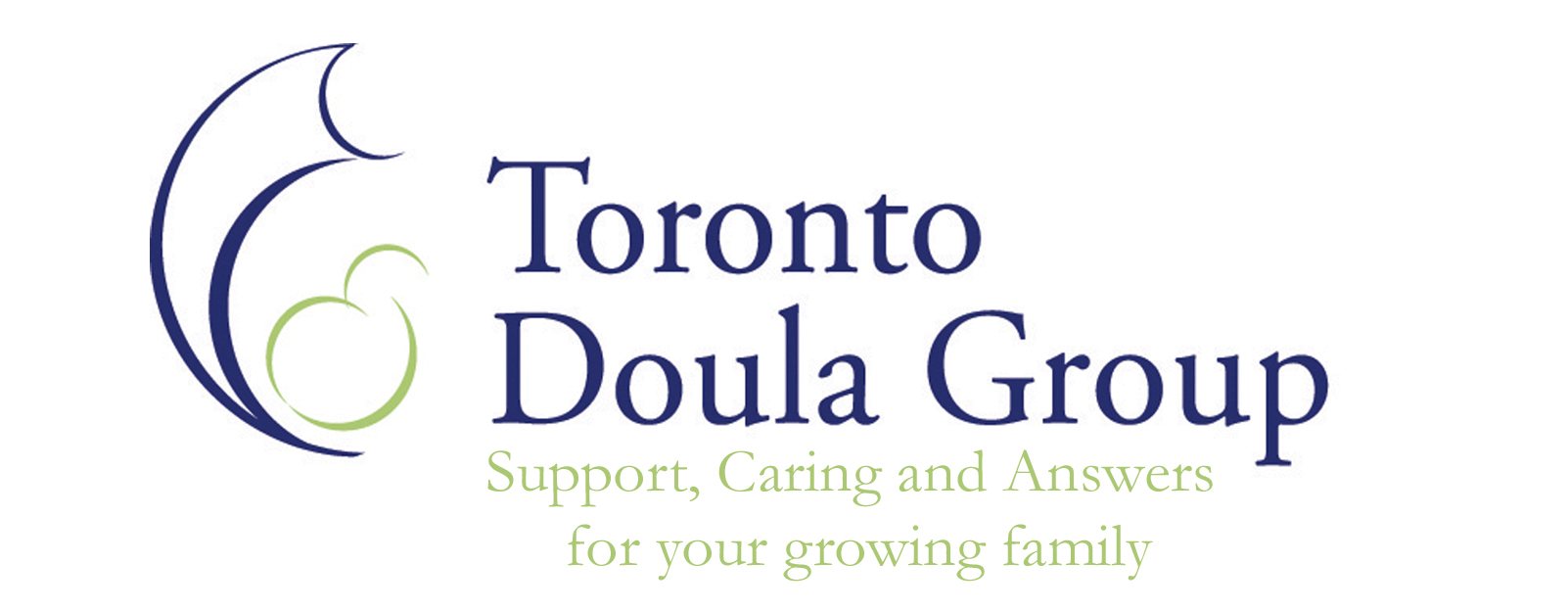Driving Under The Influence Of Sleep Deprivation
Your client has given birth after an intensely grueling, twenty four hour marathon induction. Baby has latched, the birthing parent is resting, partner is settled and the family has started to arrive to take over their care. It’s time for you to leave. You grab your gear, give last minute instructions and hugs to everyone and you head to your car. Your only thought is getting home, showering off the birth grime, and maybe devouring the burger you're going to pick up on the way. As you get behind the wheel of your car, the adrenaline that has been coursing through your veins is starting to dissipate and the fatigue you have been fighting is starting to take hold. But, you think, you don’t live that far from the hospital, and you aren’t that tired…yet. Perhaps you can make it home before the real sleepiness sets in.
The reality is though, getting behind the wheel of your car, drowsy, puts you in danger and anyone else on the road between the hospital and your home. According to the U.S. based National Highway Traffic Safety Administration ‘an estimated 100,000 police reported crashes are the direct result of driver fatigue every year. And of those crashes, it estimates 1500 have resulted in death and 71,000 in injuries.’
You would never get behind the wheel of your car under the influence of alcohol or drugs and yet many of us doulas drive while sleepy. An Australian study showed that being awake for ’18 hours produced an impairment equal to a blood alcohol concentration of 0.05 and 0.10 after 24 hours. A blood alcohol concentration of 0.08 is considered legally drunk.’ So consider that Doulas, after long births, could be contributing to the staggering numbers of accidents reported each year and as such you need to have a plan in place to make sure you are not driving drowsy.

Unfortunately there are no tests to determine if you are too tired to drive. But from The National Sleep Foundation in the United States there are signs that you should be aware of that indicate to yourself that you should not be driving, such as:
Difficulty focusing, frequent blinking, or heavy eyelids
Daydreaming; wandering/disconnected thoughts
Trouble remembering the last few kilometers driven; missing exits or traffic signs
Yawning repeatedly or rubbing your eyes
Trouble keeping your head up
Drifting from your lane, tailgating, or hitting a shoulder rumble strip
Feeling restless and irritable
So just like you would when preparing to go to a party or a girl’s night out, have a plan in place for ways of getting home safely should the birth go very long and resting during the labour was not possible.
Here are some suggestions:
Consider having a nap prior to leaving. If you are familiar and on good terms with the hospital and staff you work with, ask if there is a sleep room you can use for a quick nap.
If you are in a safe place, consider napping in your car, setting a twenty minute alarm.
Perhaps you can call in a designated driver, maybe you could have an arrangement with your spouse or back-up to come and pick you up.
If your drive is short, a delay of your drive and some caffeine can improve your alertness for a short period of time.
And of course never forget the ever popular option of taking a taxi. You should have the number of a reliable and reputable taxi company in your cell phone list for just such an occasion.
Whatever you choose to do, always remember to listen to your body and if it has been a very long birth and if you are drowsy, do not get behind the wheel of your car until you are better rested, with a clear mind. Stay Safe.
























